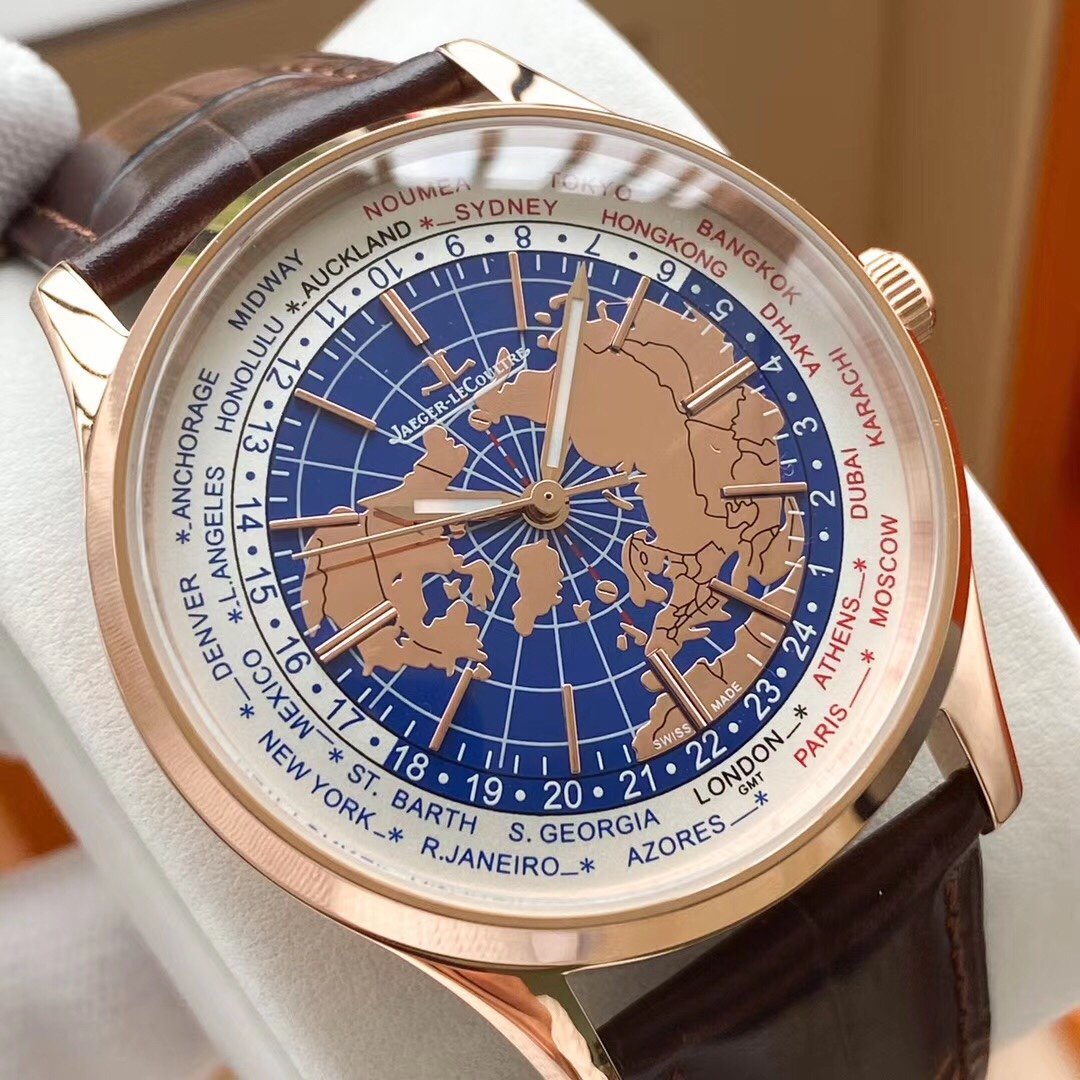

In 1928, the term Universal Time (UT) was introduced by the International Astronomical Union to refer to GMT, with the day starting at midnight. ĭuring the period between 18, all of the major countries adopted time zones based on the Greenwich meridian. Greenwich was chosen because by 1884 two-thirds of all nautical charts and maps already used it as their prime meridian. Nautical GMT began 24 hours before astronomical GMT, at least until 1805 in the Royal Navy, but persisted much later elsewhere because it was mentioned at the 1884 conference. The civil system was adopted as of 0 hours (civil) 1 January 1925.

The purpose of this was to keep one night's observations under one date. astronomical day X began at noon of civil day X. In contrast, astronomical GMT began at mean noon, i.e. This agreed with the civil Greenwich Mean Time used on the island of Great Britain since 1847. At the end of this conference, on 22 October 1884, the recommended base reference for world time, the "universal day", was announced to be the local mean solar time at the Royal Observatory in Greenwich, counted from 0 hours at Greenwich mean midnight. The development of Universal Time began at the International Meridian Conference. Several authors proposed a "universal" or "cosmic" time (see Time zone § Worldwide time zones). The number at the bottom of each zone specifies the number of hours to add to UTC to convert it to the local time.Īs international commerce increased, the need for an international standard of time measurement emerged.
/photograph-of-the-greenwich-meridian-183277672-58b9d2d75f9b58af5ca8e511.jpg)
Standard time zones of the world (February 2021). Chronometers or telegraphy were used to synchronize these clocks. Using telescopes, GMT was calibrated to the mean solar time at the Royal Observatory, Greenwich in the UK. Starting in 1847, Britain established Greenwich Mean Time, the mean solar time on the Prime Meridian at Greenwich, England, to solve this problem: all clocks in Britain were set to this time regardless of local solar noon. This served adequately until the introduction of rail travel in Britain, which made it possible to travel fast enough over long distances to require continuous re-setting of timepieces as a train progressed in its daily run through several towns. Prior to the introduction of standard time, each municipality throughout the clock-using world set its official clock, if it had one, according to the local position of the Sun (see solar time).


 0 kommentar(er)
0 kommentar(er)
